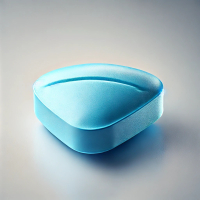
Can vasodilators (medicines that widen blood vessels) help women with infertility have children?
For women undergoing fertility treatment, it is important to ensure the blastocyst can implant normally in the endometrium. There are many medicines that could increase rates of implantation and live births. These include vasodilators, which dilate blood vessels to thicken the endometrium and help the womb relax, among other effects that could make the womb more receptive to the blastocyst.
This review update included 45 studies with a total of 4404 women. The included studies compared a vasodilator versus a placebo or no treatment (40 RCTs), vasodilators plus another agent versus placebo or no treatment (3 RCTs) or versus oestrogens (3 RCTs). The mean length of follow‐up was 15.45 weeks. Overall, the certainty of evidence was very low to moderate. The main limitations were imprecision (low number of events and participants) and risk of bias (lack of blinding in studies that reported subjective outcomes). The evidence is current to April 2024.

Main results
- Vasodilators compared with placebo or no treatment may have little or no effect on rates of live birth or ongoing pregnancy, but probably increase the chance of women becoming pregnant. We are unsure about the effect of vasodilators compared with placebo or no treatment on endometrial thickness.
- Vasodilators compared with oestrogens may have little or no effect on rates of live birth or ongoing pregnancy, and we are unsure if they can help women become pregnant or improve endometrial thickness. The evidence on miscarriage is very uncertain.
Read the full review update Vasodilators for women undergoing fertility treatment on the Cochrane Library.
